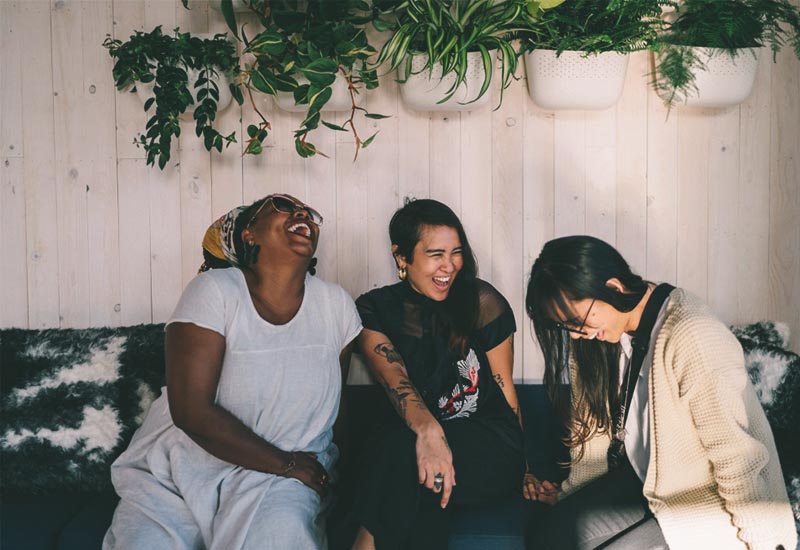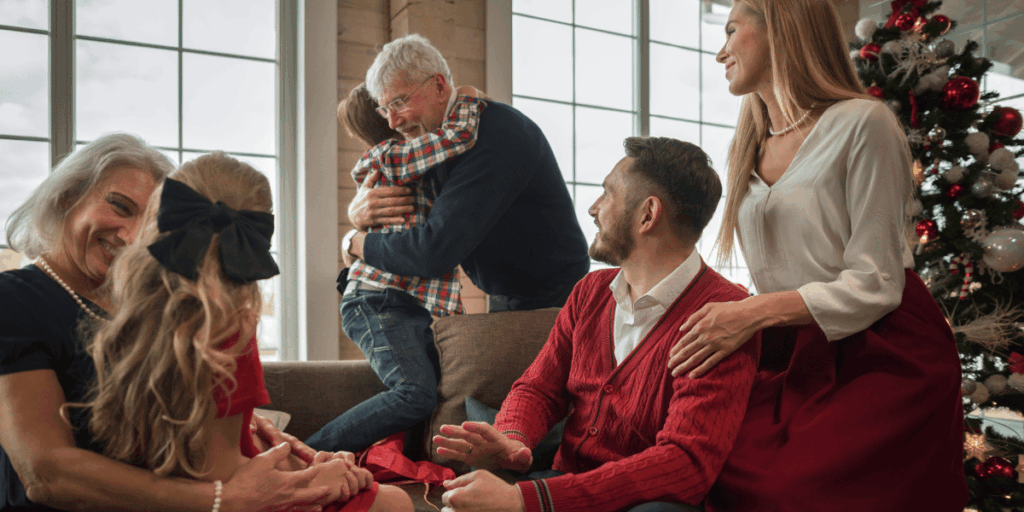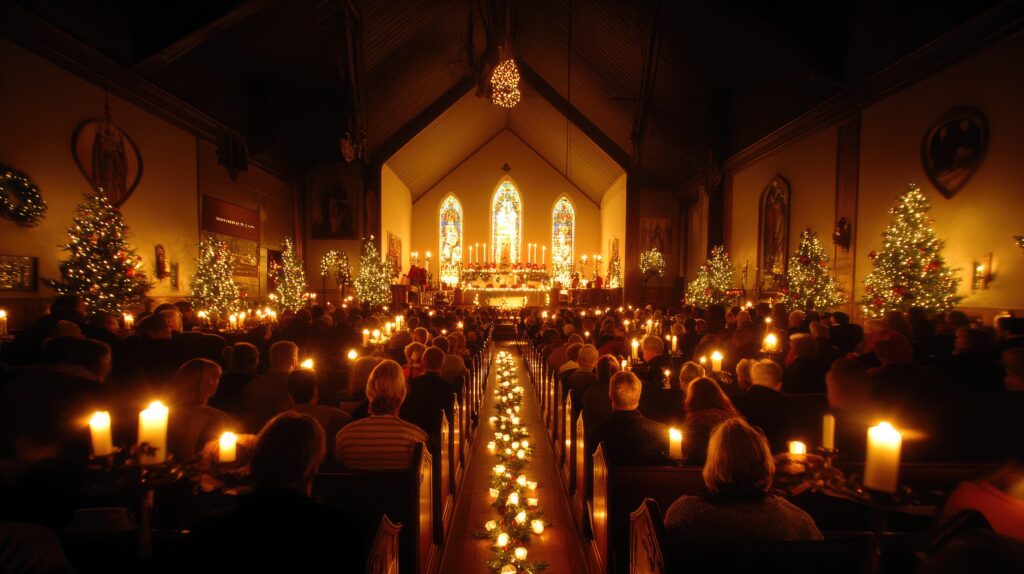Finding Joy in the Most Unlikely Places
There are times in our lives when joy seems scarce, and times when—by all logic—it should be scarce. (Like, perchance, when one is going through treatments for a significant illness!) This is where I have found myself, every day in recent weeks, in cancer center waiting rooms. Waiting for radiation treatments. Waiting to see this oncologist or that specialist.
Breast cancer in the COVID era involves a lot of lonely waiting.
But isn’t it just like God to surprise us? With notes of grace that show up when—and where—we least expect it? While this is a club I never wanted or expected to join, I have learned and seen so much that has been so valuable for every area of life!
I was thinking about this recently and realized that there are three essential factors that we might otherwise miss, that will help us live in a sense of contentment and even joy during difficult seasons.
Realize: Common circumstances create automatic community.
Think about how much you have in common with the most random, unrelated person you run across in the grocery store today, just because you’ve both lived through this last pandemic year together. You may know nothing about each other, and your actual shutdown experiences might be different, but you have a shared experience of shock, uncertainty, worry and hope that can never be taken away. If you are both moms with young, elementary-school-age kids, you instantly know what each other’s lives have been like for much of the last year—and how little the rest of us get what you’ve gone through. And you know that without having to say a word.
Common circumstances create automatic community. On a very small scale, this is a bit why deployed soldiers bond. And it is why those going through cancer treatment bond, too.
People who have gone through breast cancer have told me over and over how sweet the community is among this group of people. How supportive and kind all the patients, administrators and medical people are to each other within the walls of the cancer center. And you know what? It’s true!
In the waiting room where I go each day for my radiation treatments, I see a lot of different faces, but everyone is so open. People talk and compare notes, “What day are you on?” “Did you do chemo first?” “How did you find out?” I don’t think I have ever seen that in a doctor’s office before. But here we are, with a group of other people who “get” what we’re going through. There is something precious—something life-giving—about this sense of brotherhood (or sisterhood, if you will!)
During any difficult time, find a community—those in the same circumstances who will get what you are going through. As I was writing my most recent devotional, Find Joy, one of the key solutions found in both science and scripture is being intentional in that way about getting connected and allowing others to be connected to you.
Community fosters joy.
I was in another general waiting room recently, waiting for my first visit with another specialist—the medical oncologist who will follow me for next five years. There were eighteen people there, many of them about to have chemotherapy infusion treatments.
Most people sat by themselves, since COVID rules mandate that unless there is a physical or cognitive reason to have a companion, the cancer patients must walk in on their own while their loved ones wait in the parking lot. So there we sat, in our 6-feet-apart, socially distanced bubbles. One person was younger than me; most were quite a bit older. One man was in a wheelchair and on oxygen. He smiled at me as I sat down near him.
And just as I took my seat, a ringtone blared out on someone’s cell phone from The Temptations—“I’ve got sunshine . . . .” And without missing a beat, more than half of the group instantly started singing along: “ . . . on a cloudy day. When it’s cold outside, I’ve got the month of May….”
Everyone started laughing. A breath of levity in what could easily be so somber an environment. I don’t think that would have happened if this hadn’t been a group of people who saw themselves as a community. But because it was, there was a precious moment of shared laughter that lightened the load for everyone in the room.
True community is created by encouragement of others—even in the most difficult of circumstances
I’ve noticed that even though many of these people in the radiation waiting room, or walking through the halls, are clearly in poor health, they smile. Their skin may have the gray hue of terminal illness, but they say hello and ask questions. They welcome conversation and encouragement with their words and with their body language. And in almost two weeks of treatments among those in far more serious situations than mine, I have never heard one word—not one—of discouragement or negativity among these people.
It is an unspoken rule: here, we encourage one another. Period.
Today, in the small parking lot used exclusively by the cancer center, I saw an elderly husband escorting his elderly wife; she was clearly in a difficult place mentally and physically. They looked as if they had been married 60 years. And as I looked at this eighty-something man take his wife’s shaking hand, I thought how hard it must be to know you are probably losing someone who has been your other half for that many years. Tears welled up in my eyes. And yet, as they turned and saw me waiting to pass them, the husband gently stopped his wife from moving forward. He raised his hand to me and smiled. Go ahead, he mouthed. I hope your treatments go well.
During any difficult circumstances, don’t just find a community—find an encouraging community. Find those who you can encourage and who will encourage you. Flee those who say, “woe is me.”
There’s a place for support in grief, of course; I’ve cried many tears on the shoulders of friends these last few months. But those are the shoulders of friends who ultimately lift me up instead of letting me wallow.
Because think about it: if you are in a group of people who are all beaten down and focused on the undoubtedly difficult shared circumstances . . . is that a real community? Or is that a group of people each focused on themselves?
I tend to think there is much more community built by those like my new hero: an eighty-something year-old man, tenderly holding his wife’s shaking hand, while telling a total stranger that he hopes her treatments go well today.

More from Shaunti’s Blog:
Find Christ-focused wonder in the midst of everyday life no matter what your situation might be. Pick up a copy of Shaunti’s latest devotional, Find Joy, available in major bookstores.
Check out Shaunti’s latest book and Discussion Guide (co-authored with her husband, Jeff), Thriving in Love and Money. Because you need a better relationship, not just a better budget.
This article was first published at Patheos.








When I was in a chemo room earlier this week, I commented to one of the staff that the patients all seem upbeat and very nice. He said he has worked in various fields of medicine and cancer patients are the best to work with. Maybe it’s got something to do with facing our mortality, not sure.
Conitnued prayers for you!